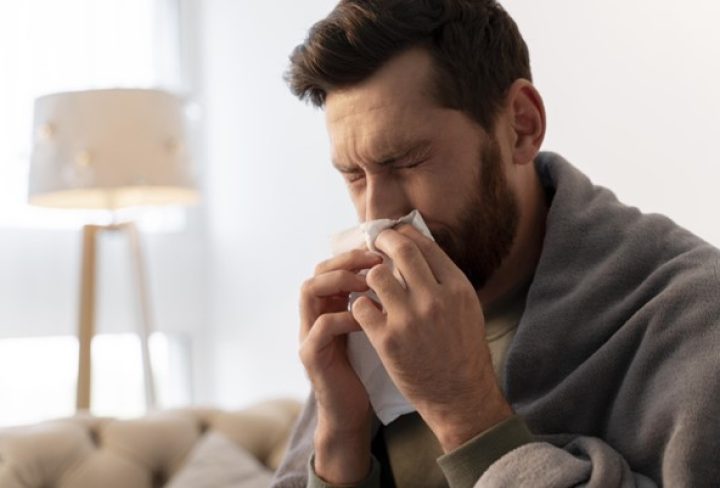Rhinorrhea is a medical term for a runny nose. It is a condition where excessive mucus production results in a dripping discharge from the nose.
Rhinorrhea Symptoms:
The major symptom of rhinorrhea is an excessive amount of clear or colored mucus running from the nose. Other common symptoms include a feeling of congestion, a sore throat, coughing, sneezing, and a headache.
Rhinorrhea Causes:
The most common cause of rhinorrhea is a viral infection such as the common cold or the flu. Other causes include allergies, sinus infections, hay fever, and environmental irritants.
Rhinorrhea Diagnosis:
Your doctor will typically diagnose rhinorrhea based on your medical history and a physical examination. Your doctor may also order laboratory tests, such as an allergy test, to determine the underlying cause of your rhinorrhea.
Rhinorrhea Treatment:
Treatment for rhinorrhea depends on the underlying cause. Common treatments include over-the-counter decongestants and nasal sprays, antihistamines, nasal steroid sprays, and immunotherapy.
Preventive Tips:
- Wash your hands often with soap and water, especially after blowing your nose, coughing, or sneezing
- Avoid close contact with people who are sick
- Avoid touching your eyes, nose, and mouth with unwashed hands
- Stay away from large crowds or crowded places
- Clean and disinfect frequently touched objects and surfaces.
- Get a flu shot every year
- Use a humidifier in your home to keep the air moist
- Drink plenty of fluids to thin the mucus and help clear your nose
- Avoid irritants, such as smoke, perfume, and dust
- Use a saline spray or nasal irrigation to help flush out your nasal passages
- Use a neti pot to help thin and clear mucus from your nasal passages.
It is important to consult with a healthcare provider if rhinorrhea is persistent or accompanied by other symptoms, such as fever or difficulty breathing. They can help determine the underlying cause and recommend appropriate treatment.


